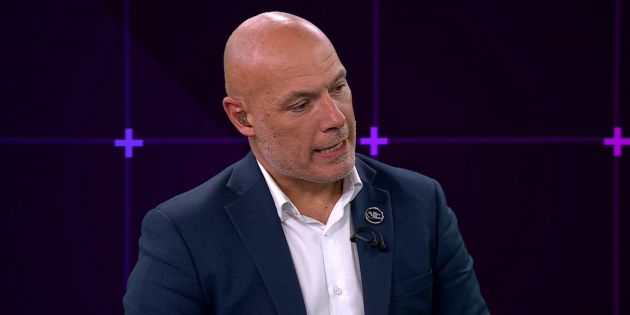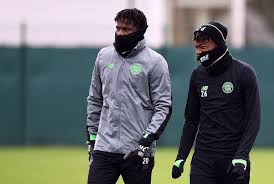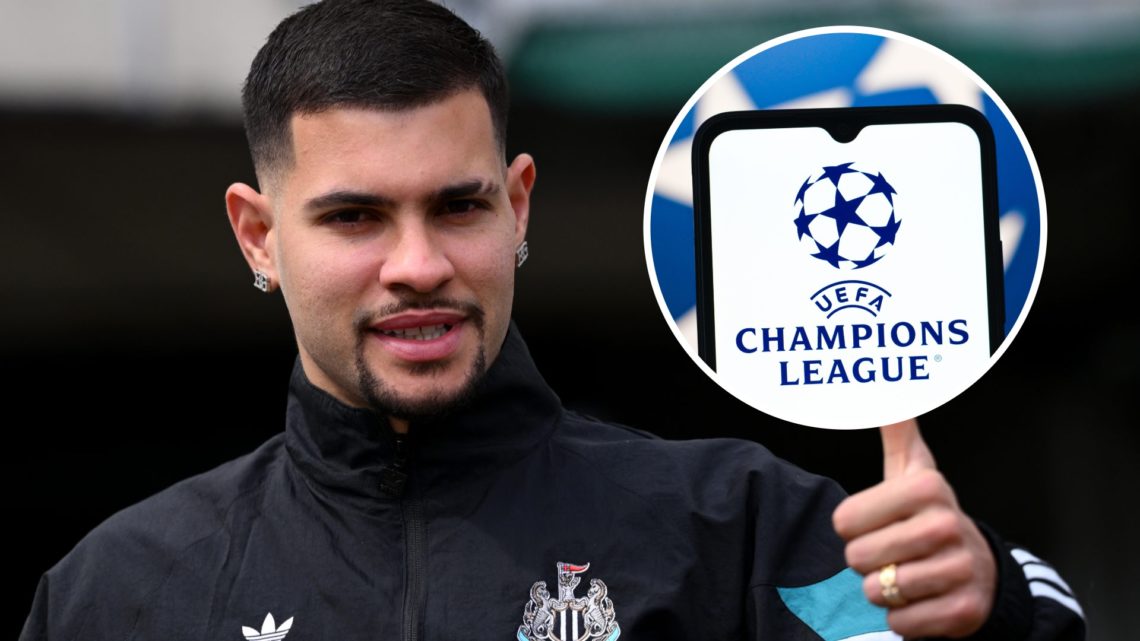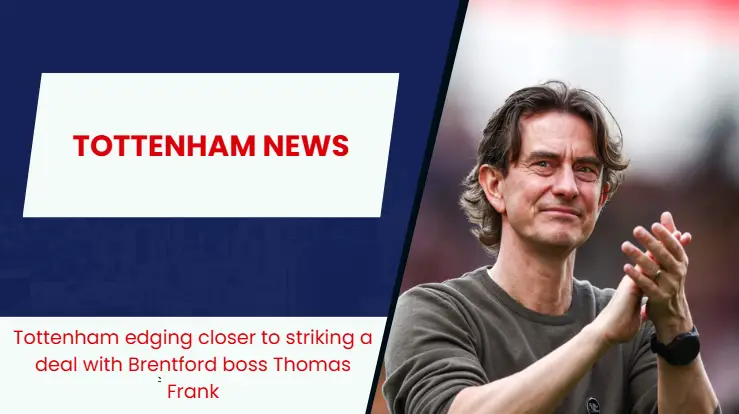Howard Webb has alleged that VAR made a mistake in not sending out an Everton player during the Merseyside derby earlier this month.

After a tense 2-2 draw in February in which both teams were reduced to ten men, Liverpool played their archrivals and won 1-0, pushing them further behind in the title chase.
However, the triumph was marred by two questionable officiating decisions: the game’s only goal and an early challenge on Liverpool star Alexis MacAllister.
While PGMOL chief Webb believes the former was the proper decision despite a possible offside in the build-up, he admits the latter was an incorrect call by officials.
With only 11 minutes gone at Anfield, James Tarkowski rushed out to intercept Mac Allister, and while he controlled the ball and removed the danger, his follow-through saw his boot smash into the Argentina midfielder’s leg.
The challenge resulted in only a yellow card, with the VAR finding that the referee’s decision was right, although Webb saw things differently.
‘It’s a red card challenge, and it’s an error on the part of the match officials to not send James Tarkowski out,’ Webb stated on Match Officials Mic’d Up.
‘The referee acknowledges on the pitch that Tarkowski plays the ball recklessly. The VAR then reviews the on-field judgement to issue a yellow card, focussing too much on the fact that Tarkowski plays the ball.
‘You hear him talk about where else his foot can go, but Tarkowski chooses to play the ball that way.
‘When clearing or playing the ball close to an opponent, you must consider the opponent and how you will approach the task, including the opponent’s safety.
‘He lunges into Mac Allister in the way that he does, and you see the impact – it’s excessive force, it endangers the opponent’s safety, and it should result in a red card.’
The show includes audio of the decision-making process, with the on-field referee citing Tarkowski’s ‘foot needs to go somewhere’ as justification for booking the defender.
The VAR then writes that Tarkowski had ‘all the ball’ and that there was ‘no secondary movement’ of the defender’s foot towards the leg of Mac Allister, with their assistant supporting this reasoning.
‘The game has requested us to protect the players’ safety,’ Webb explained. ‘That is our most crucial responsibility as match officials.
Host and former Reds player Michael Owen questioned Webb about whether the game’s backdrop, as a Merseyside derby, one of football’s most intense rivalries, influenced the referee’s decision.
‘We will never try to read a player’s mind; instead, we will focus on the physical facts offered to us about how a player plays.
‘We see the defender come in, clear the ball, and then follow through with a lot of force. There is touch with a player in front of him; this is not a player stepping in front of him from a position he did not previously hold.
‘It was not the correct outcome. We approach learning as a group, analysing these instances on a regular basis in order to limit the number of times we fall short.
Despite his team’s loss in this decision, Liverpool manager Arne Slot remained philosophical about the nature of the game and the fact that mistakes can never be totally undone.
‘I believe it is always beneficial for people to admit when they make mistakes. And we are all aware that mistakes are made in football matches – by us, me, players, and referees,’ Slot stated.
‘Mistakes are made all across the world, including in the league where I am from (in Holland). We’re all looking for a league with no mistakes, and I’m hoping for a season without making a single mistake with the lineups I create.
Unfortunately, this will most likely never happen. Not with me, and not with referees’ decisions.
Mistakes are being made. I watch the Dutch league in Holland, and there is a lot of criticism of officials there, therefore I believe it is the same around the world. If there is a chance of being negative, eight out of ten people will be so.
‘Mistakes are made, but the most important thing is that they do not affect the league table, and the only way to know is when we see it at the end and ask, “Did it influence it, yes or no?” Mistakes are a part of life, including those made by referees.
PGMOL contacted Liverpool following the game and recognised their error. While they did not issue an official statement, it is thought that the PGMOL felt the nature of the follow-through in the challenge meets the criteria for significant foul play.
The PGMOL believes that a VAR review, chaired by Paul Tierney, should have been recommended and the original decision overturned.
It is part of PGMOL’s desire to be more open and transparent, which Slot and Liverpool welcomed positively.
Mac Allister, who was on the receiving end of the tackle, continued to play the rest of the game, including a full 90 minutes against Fulham four days later.




